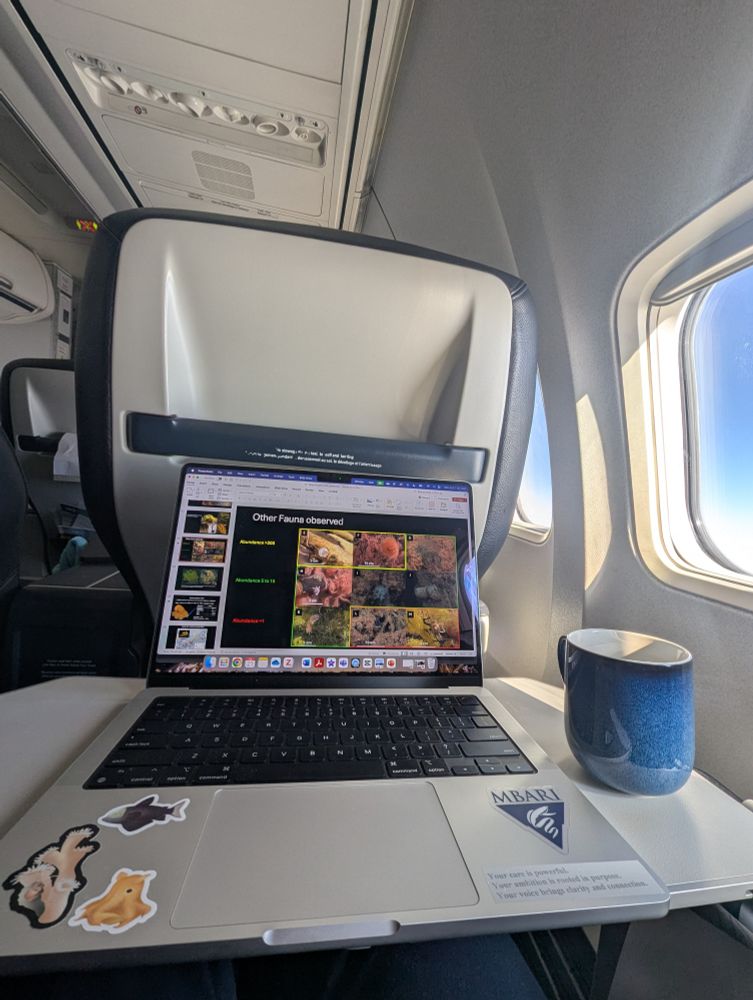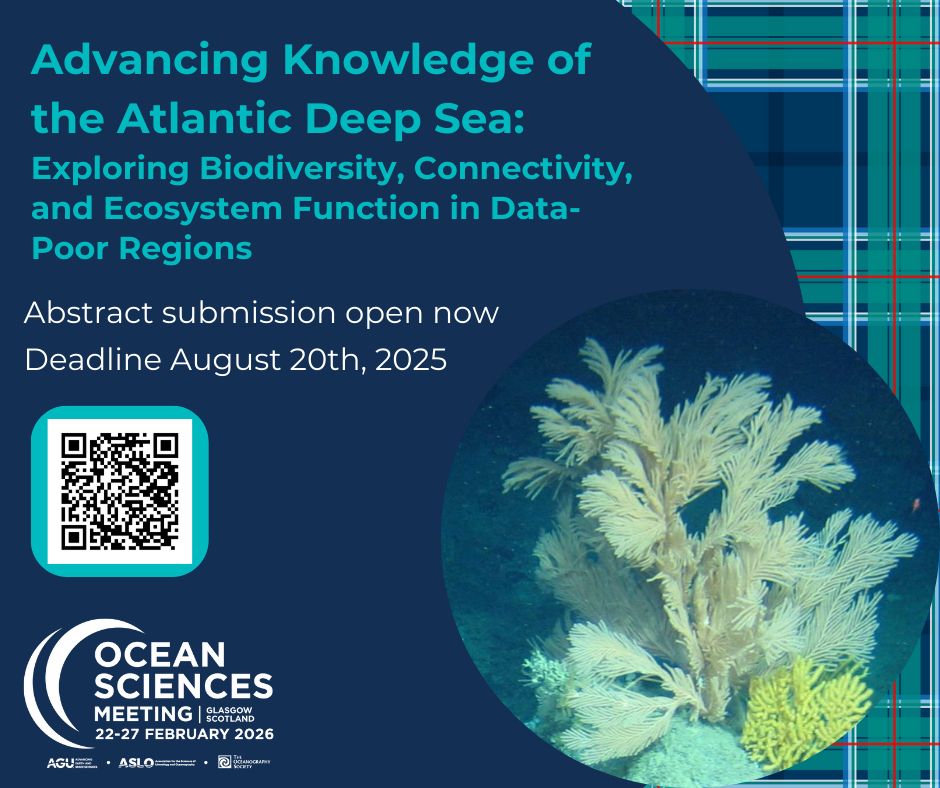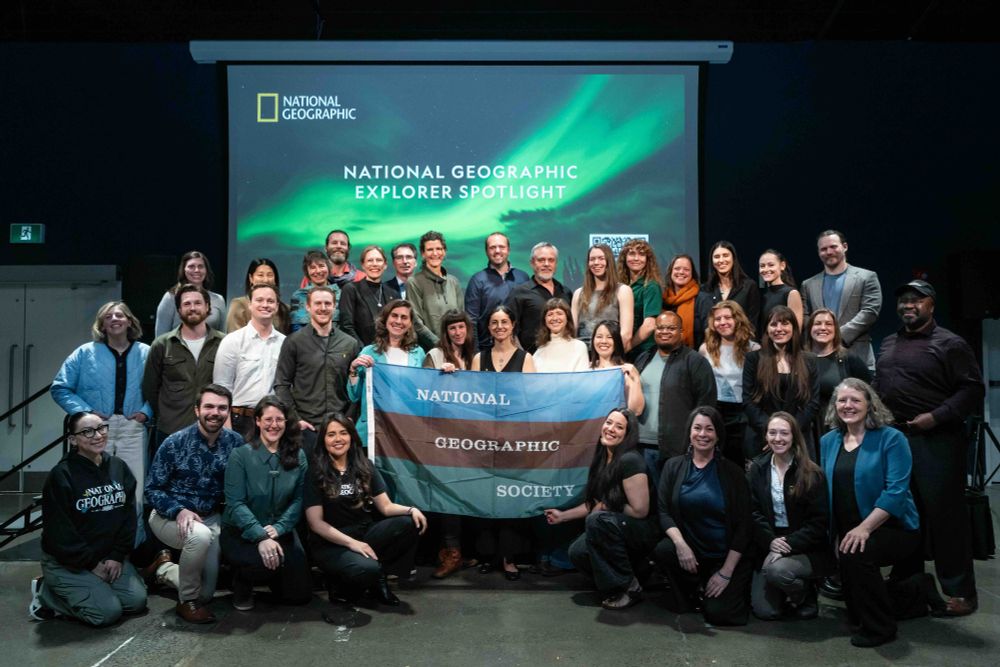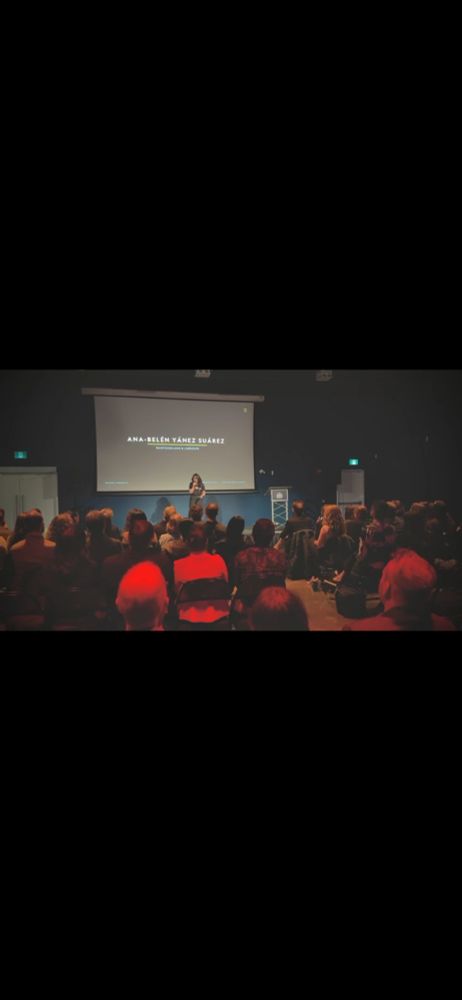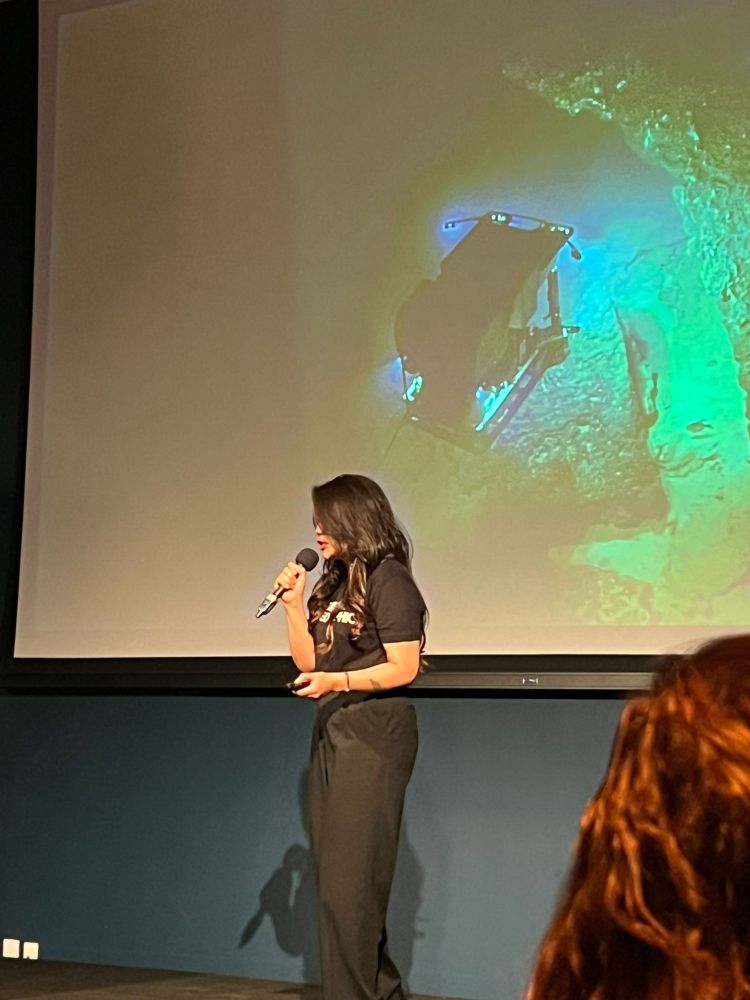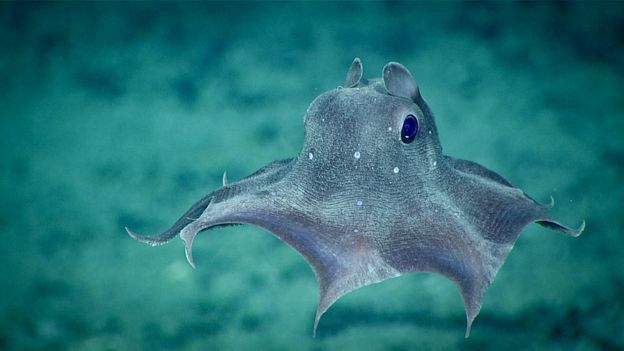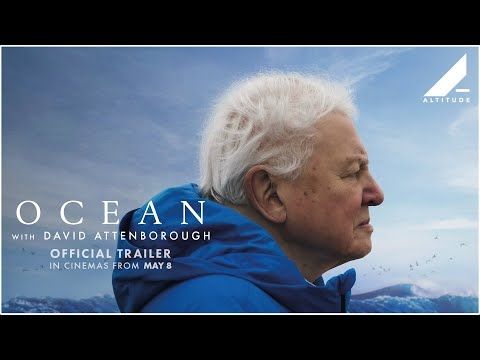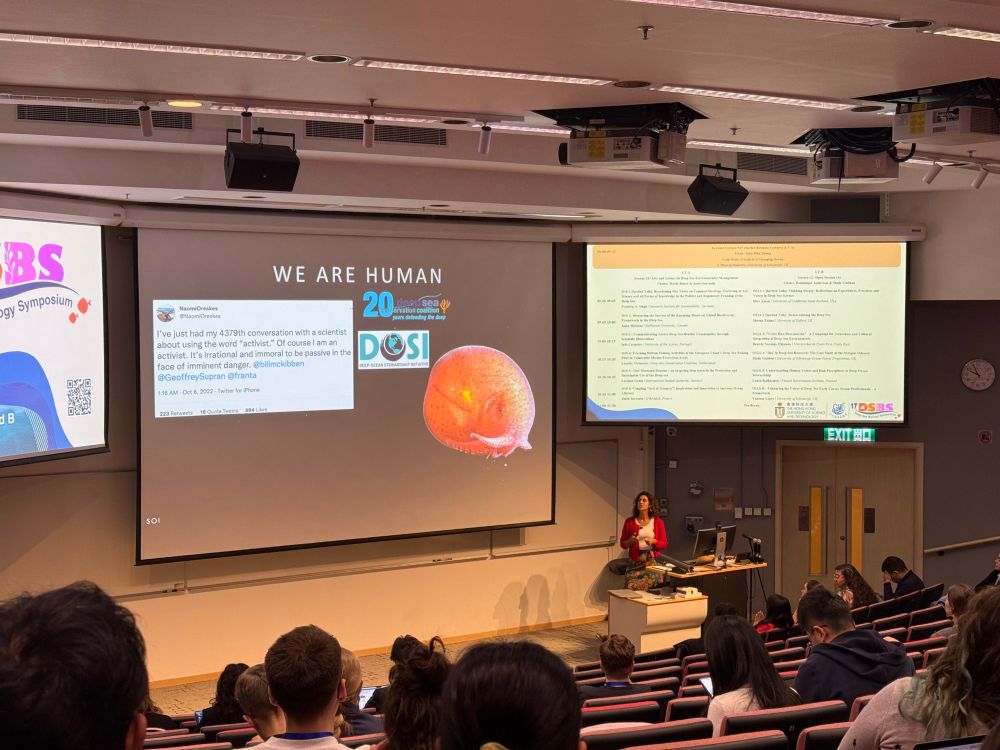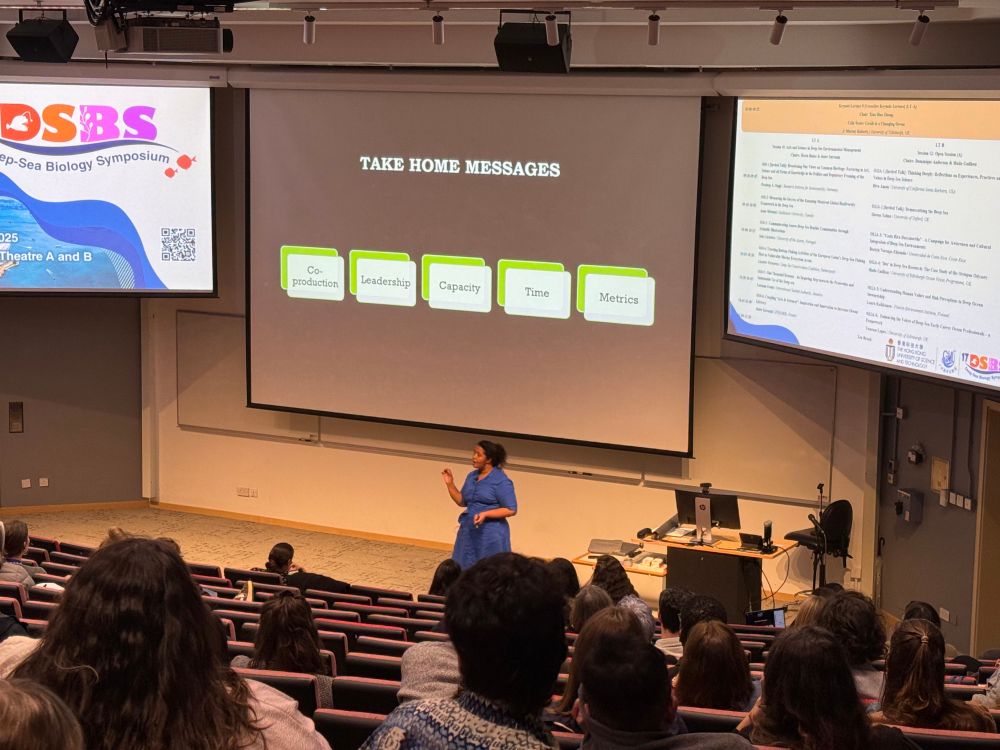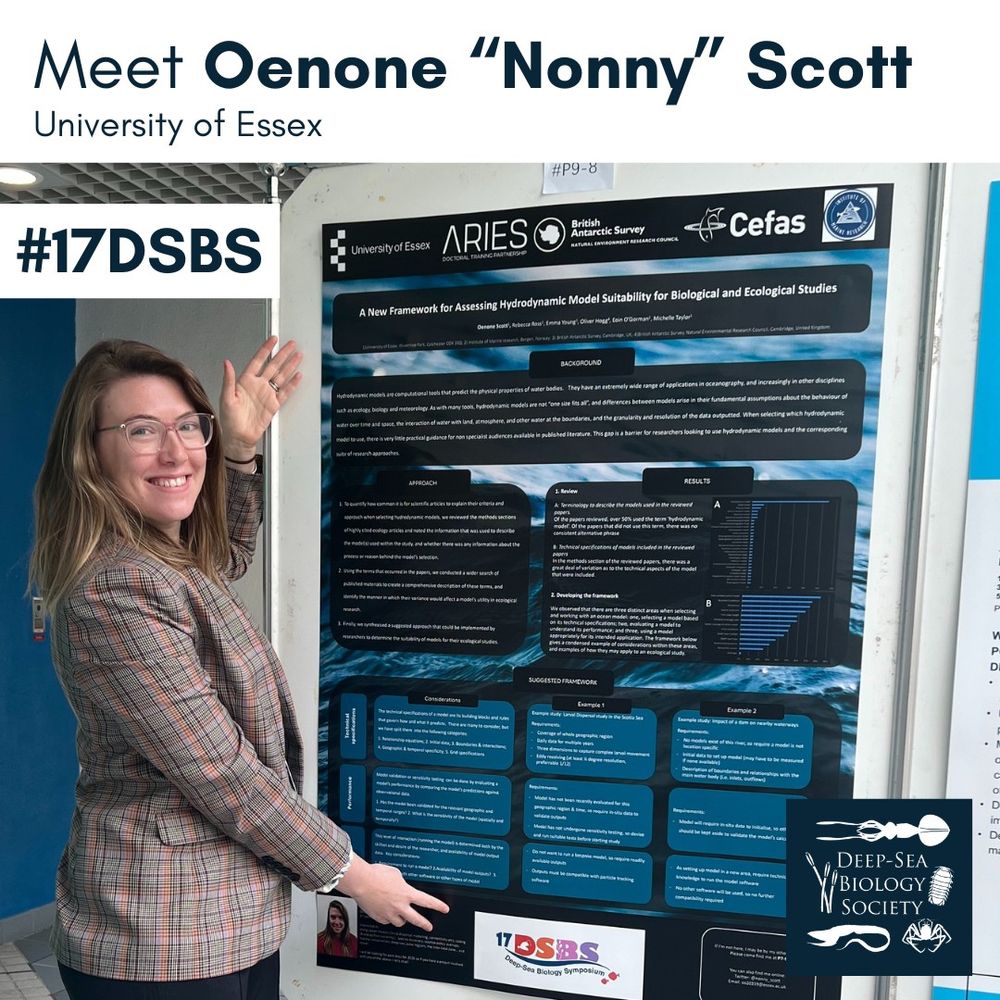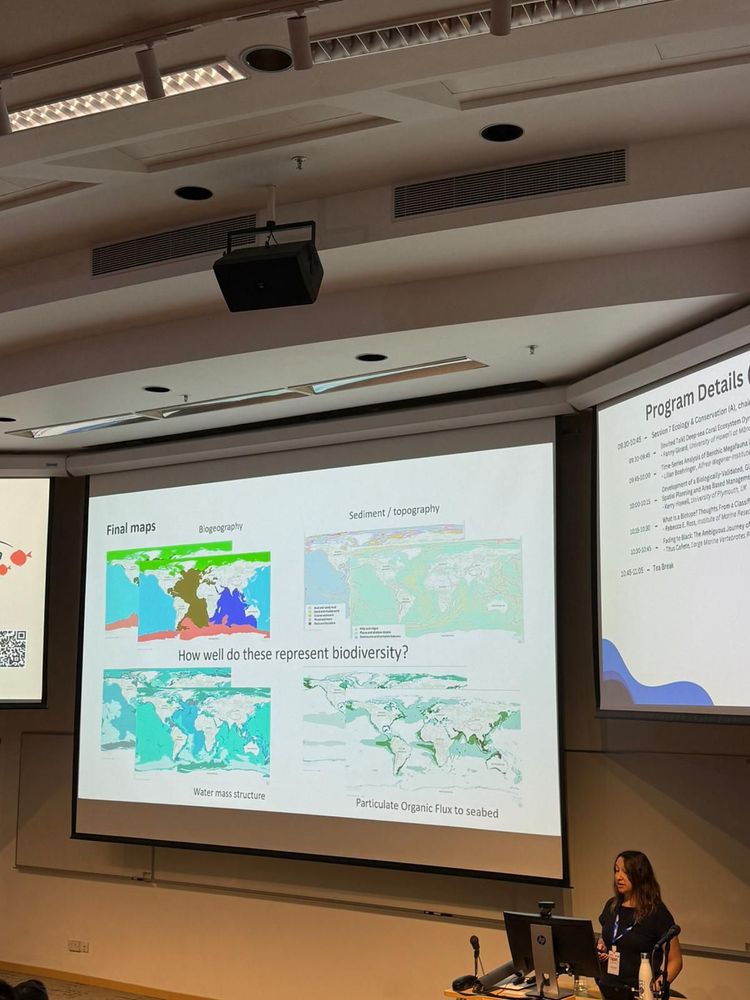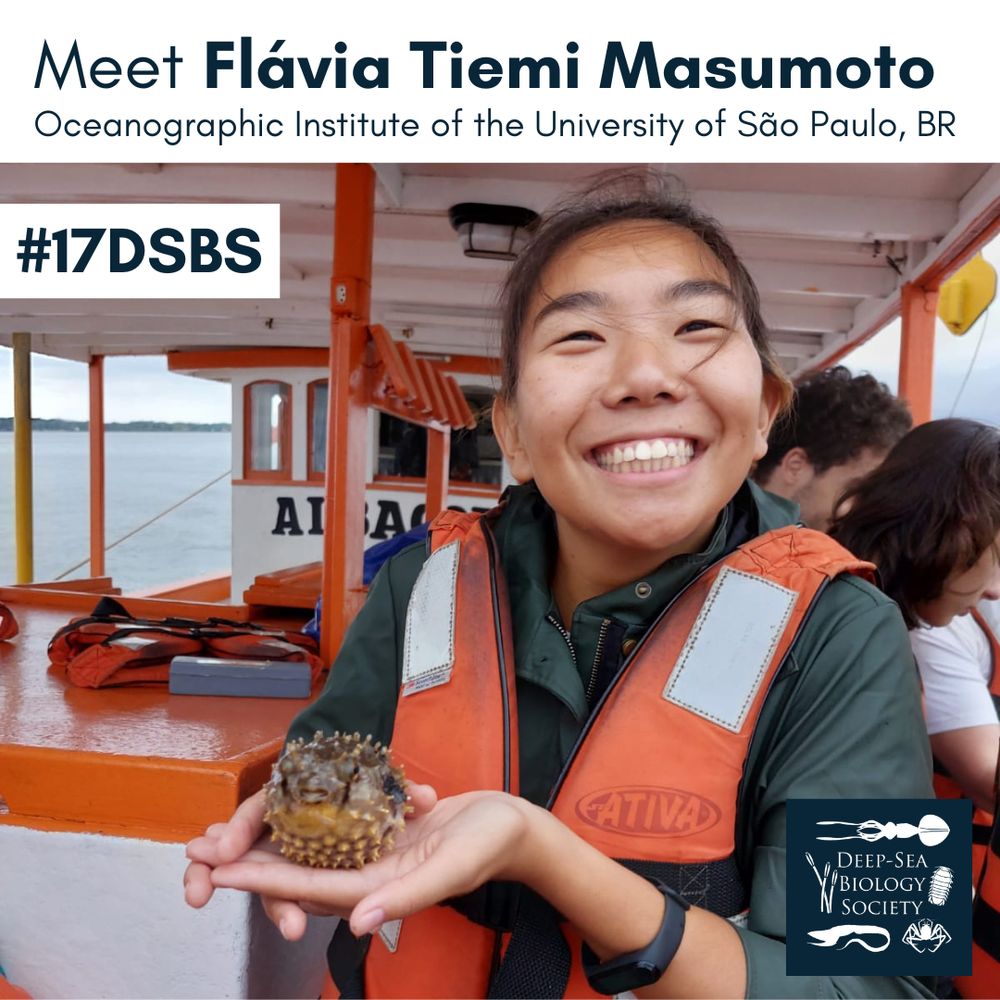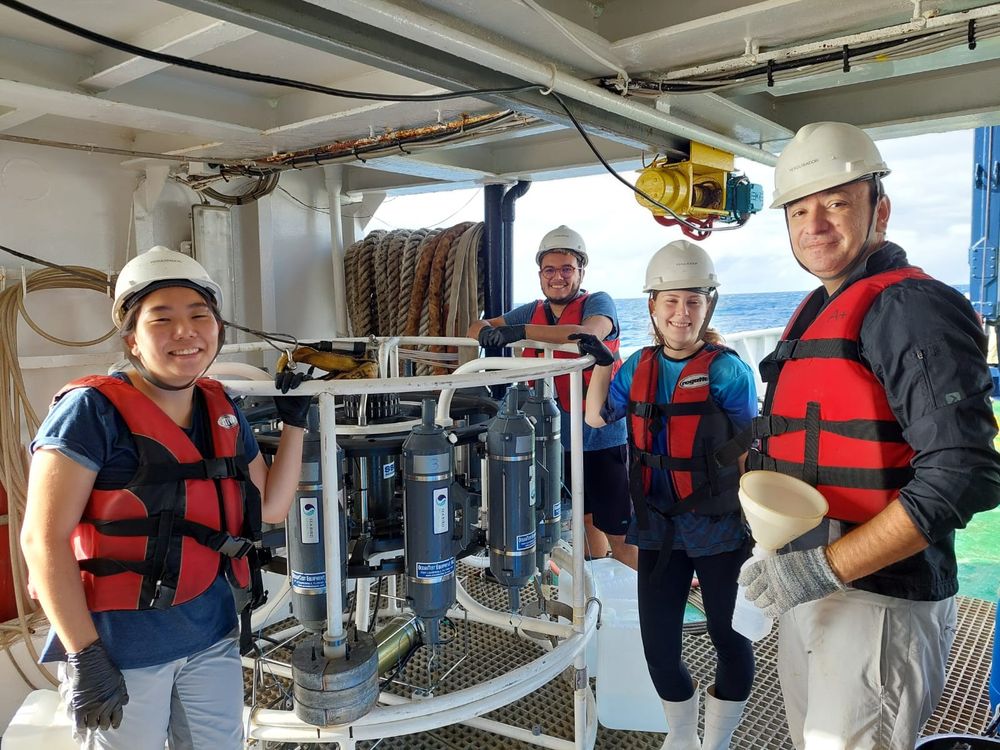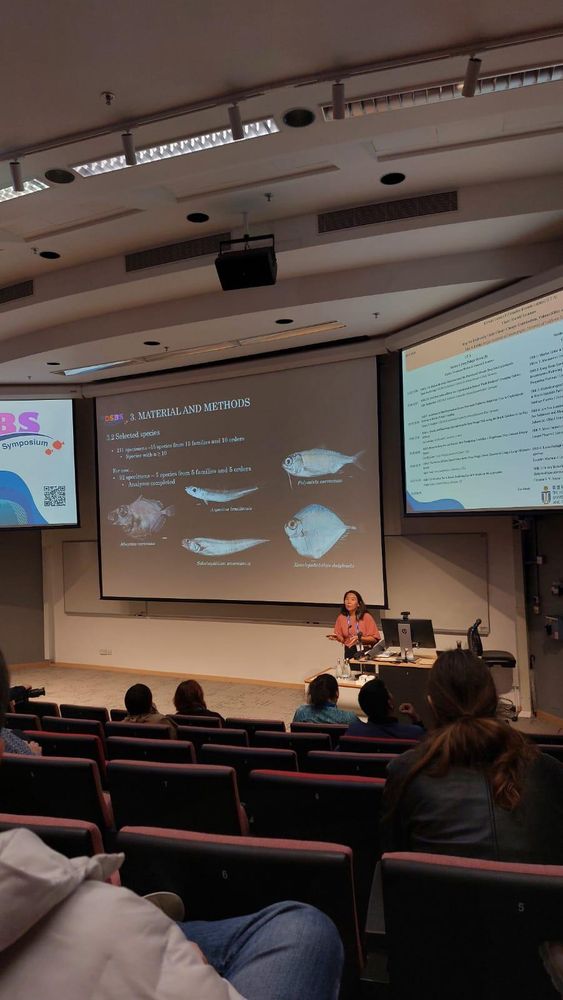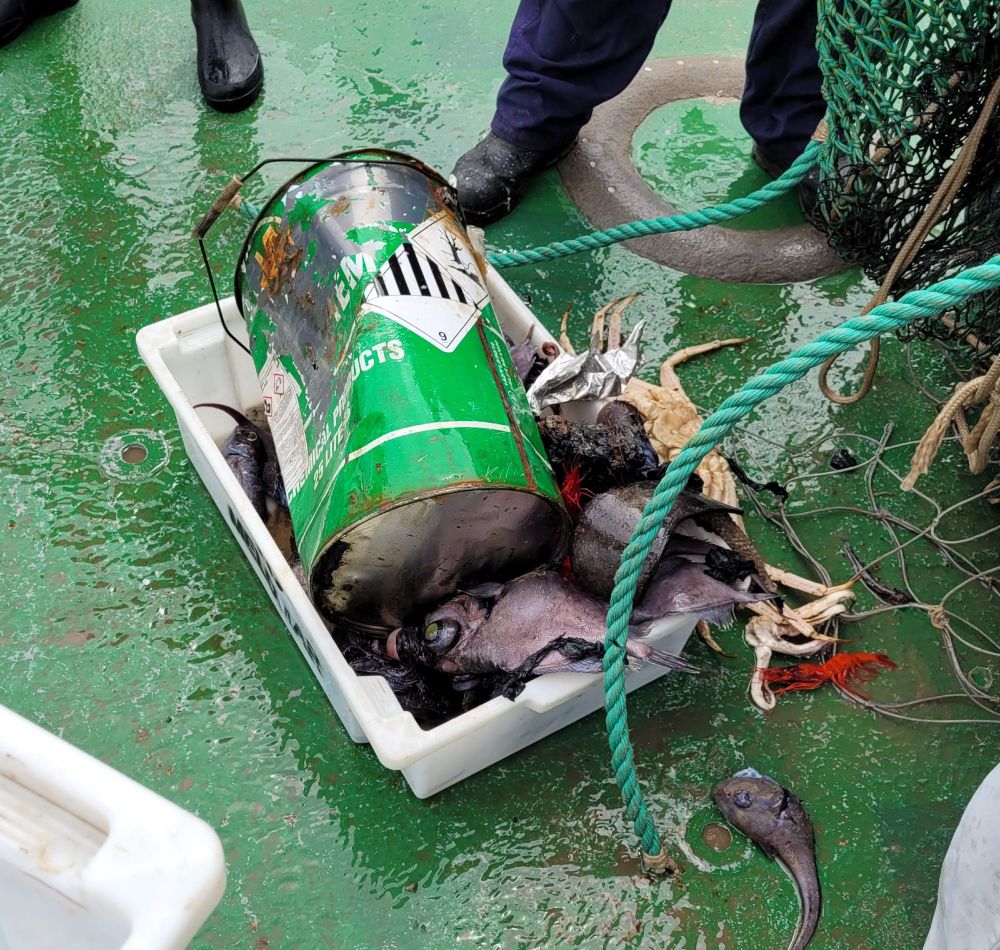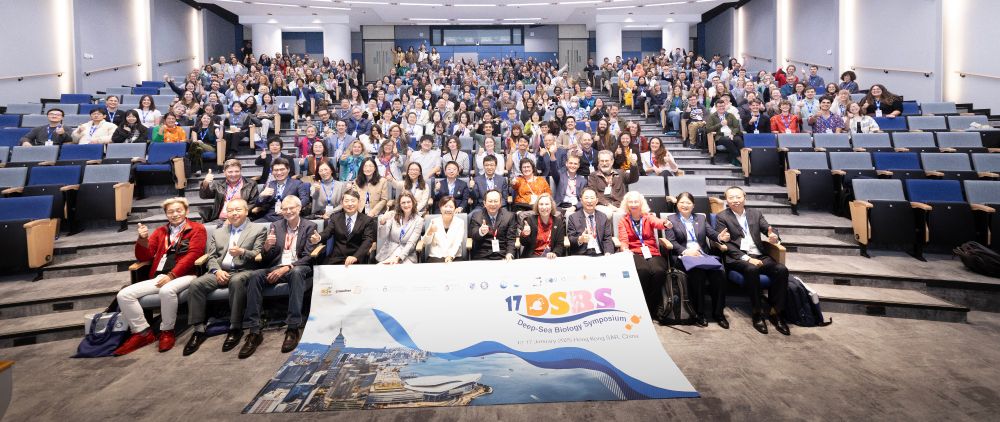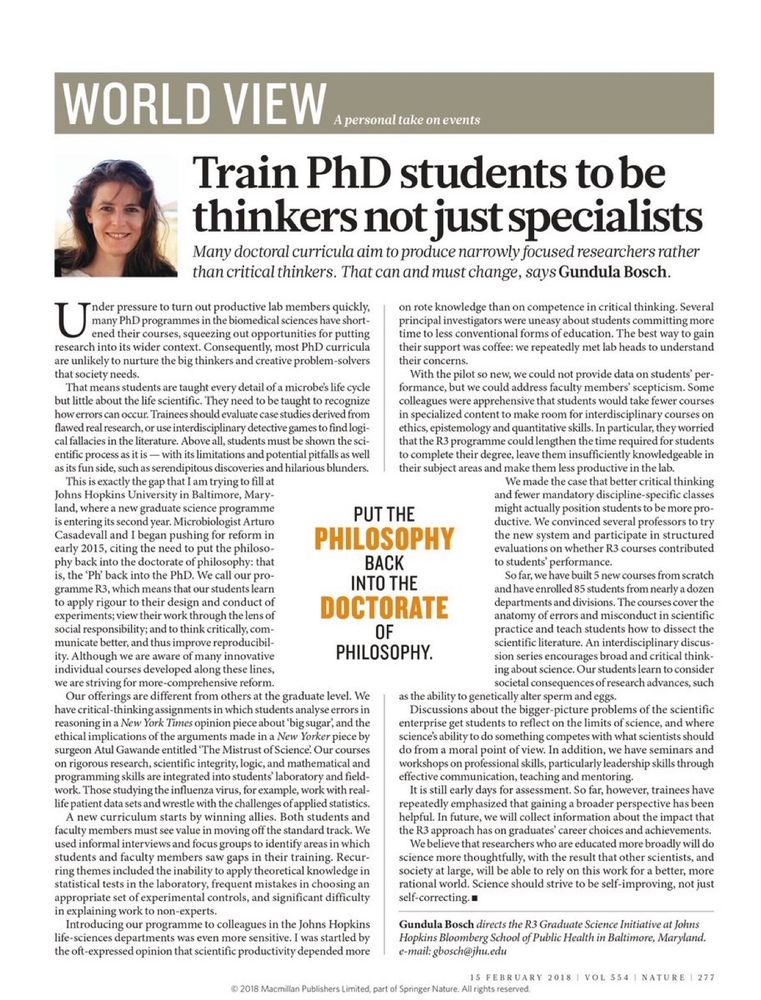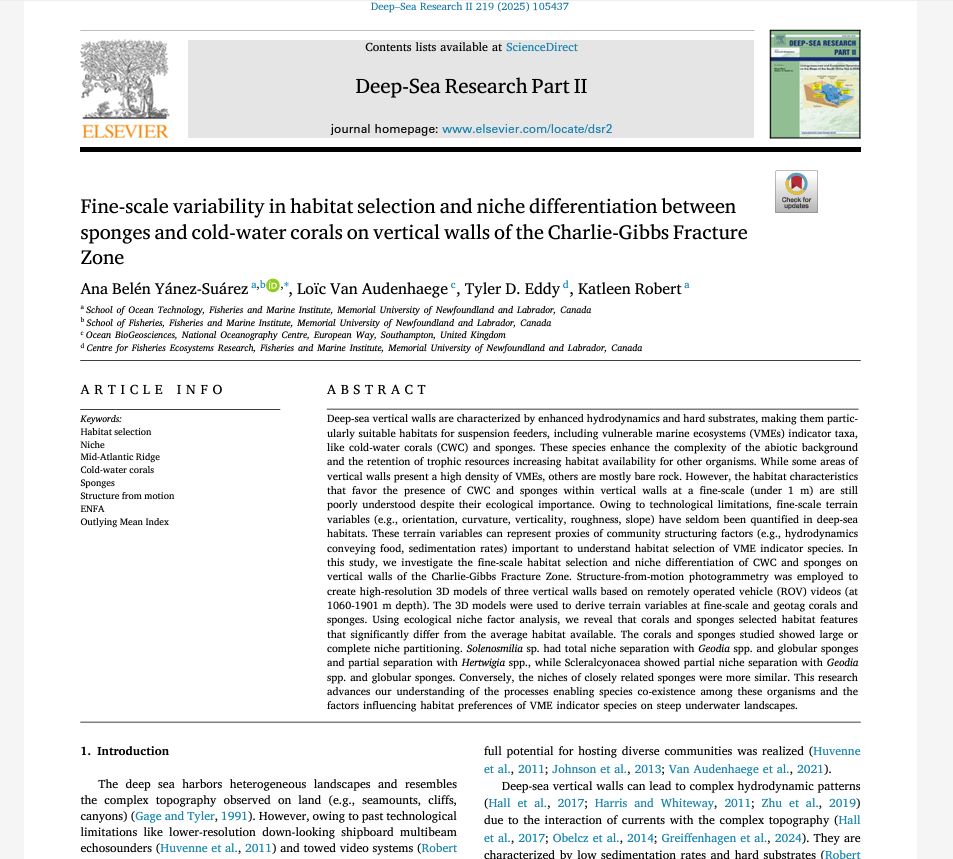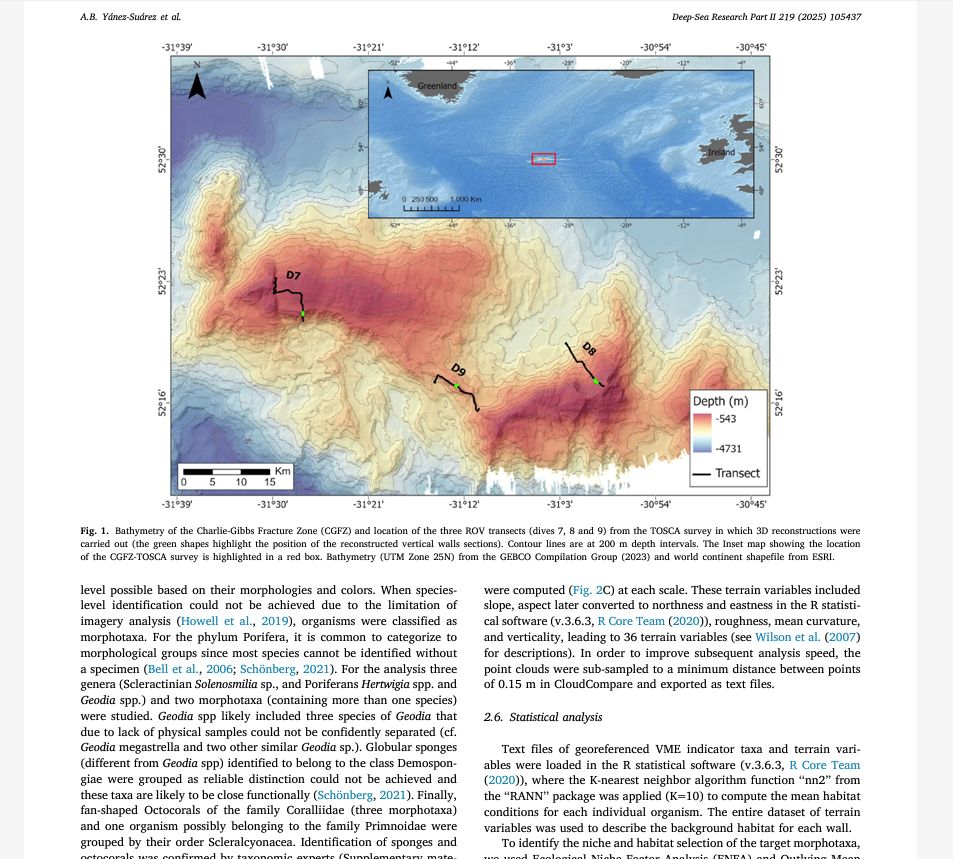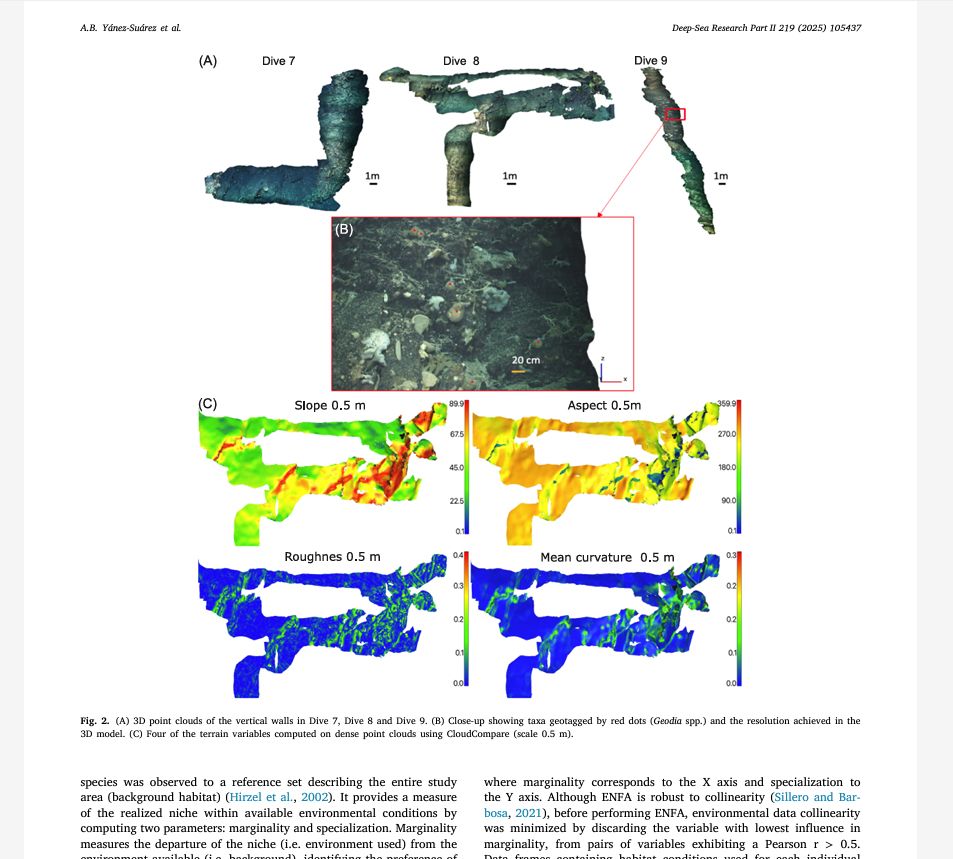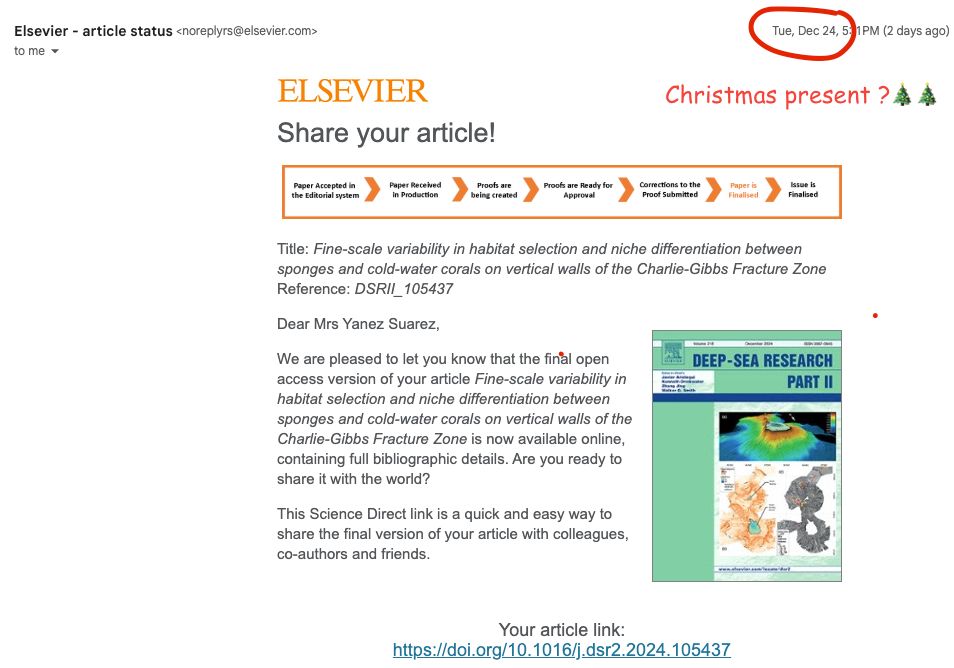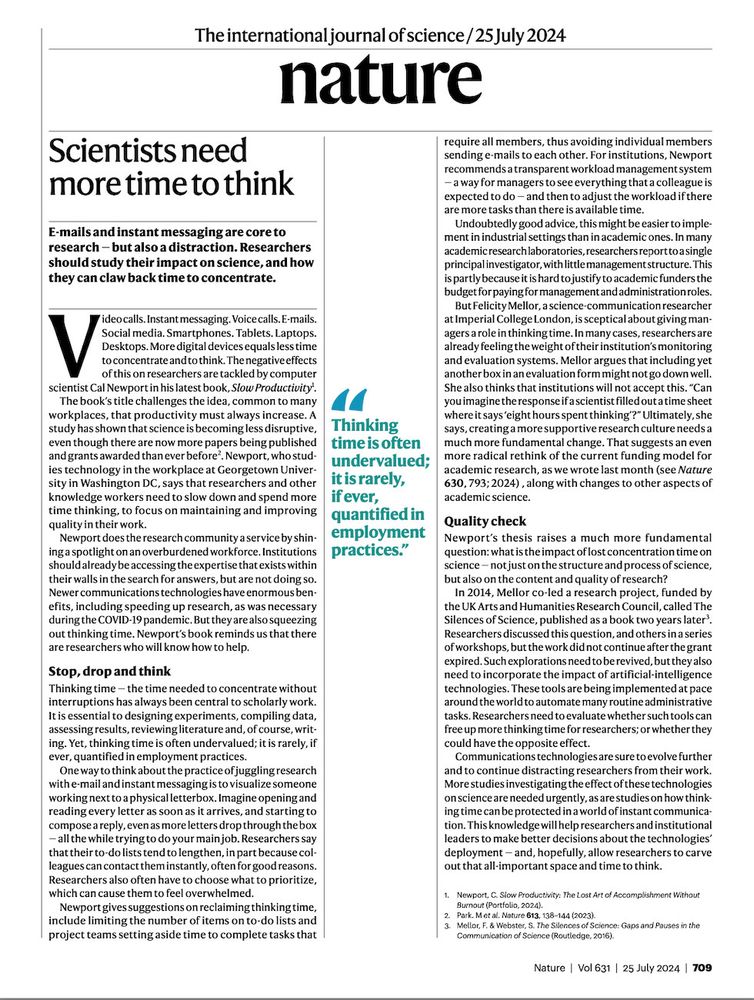Ana Belén Yánez Suárez
@belenocean.bsky.social
210 followers
170 following
13 posts
National Geographic Explorer
Marine Biologist |Ecologist | Diver🤿
Open to postdocs🌊🪸
She/Her
#NatGeo
Focus: Corals and climate change from shallow to deep waters 🌊
Erasmus master scholar #IMBRSea / #ugent #SorbonneUniversity
#WomaInSTEM #deepsea #corals
Posts
Media
Videos
Starter Packs
Reposted by Ana Belén Yánez Suárez
Reposted by Ana Belén Yánez Suárez
Reposted by Ana Belén Yánez Suárez
Reposted by Ana Belén Yánez Suárez
Reposted by Ana Belén Yánez Suárez
Reposted by Ana Belén Yánez Suárez
Reposted by Ana Belén Yánez Suárez
Reposted by Ana Belén Yánez Suárez
Mónica Medina
@momedinamunoz.bsky.social
· Nov 26
Reposted by Ana Belén Yánez Suárez
Reposted by Ana Belén Yánez Suárez

